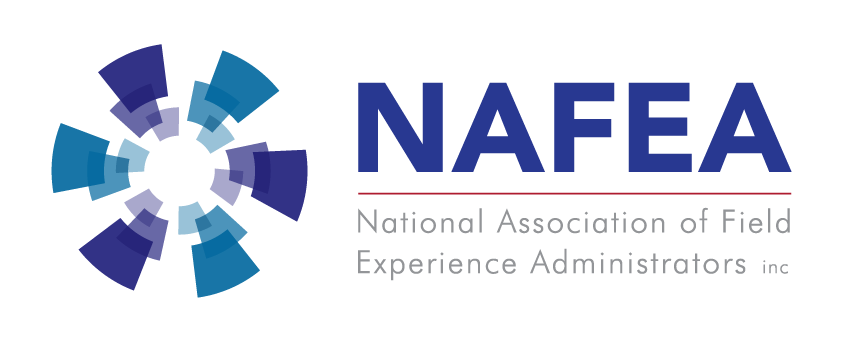‘I assumed the degree would be all I needed…’ First in family equity student experiences during the quest for ‘employability’
Presenter: Prof Sarah O’Shea
The hyper competitive nature of the graduate employment field combined with larger numbers of degree bearing candidates, has resulted in more complex journeys to gaining employment after graduation. This complexity is particularly exacerbated for those students who are the first in their family to attend university, many of whom fall into multiple ‘equity’ categories. Drawing on interviews and surveys conducted with first in family university students and alumni, this presentation will foreground the reflections of recent graduate and alumni, on career aspiration, work integrated learning and also, becoming career ready. Many of this cohort did not have ready access to underpinning social and cultural capitals that can assist in securing employment after graduation. The narratives of the participants highlighted the somewhat ‘hidden’ inequities and unfair expectations within the contemporary job market. Based upon students’ richly descriptive insights, some recommendations are offered which are particularly pertinent as we enter a post-pandemic period with anticipated high rates of unemployment combined with potentially greater levels of university participation.
WIL as an add-on to the real work of career education: Secondary students’ experience of WIL and study pathways
Presenters: Dr Jane Coffey and Prof Dawn Bennett
‘Ameliorating Disadvantage’ explored the impact of socio-economic status on access to quality study pathways and career advice. Our findings suggest that university education remains a pathway of privilege and the division in the type and quality of advice and support provided to non-ATAR students has potentially long-lasting impacts on future employability. The presenters share insights from secondary school students whose experience was that access to WIL is limited and is often not supported or accounted for in the broader curriculum.
Exploring benefits and challenges of online work integrated learning for equity students
Presenter: A/Prof Amani Bell (on behalf of the research team: Kathryn Bartimote, Lucy Mercer-Mapstone, Gulwanyang Moran, James Tognolini (The University of Sydney) and Nora Dempsey (US Department of State))
Students from equity backgrounds report barriers to their uptake of WIL. In this project, we investigated whether online WIL might be one way of overcoming these barriers. The presentation will discuss the benefits and challenges of online WIL for students from equity groups in Australia and the US, as reported by students and educators, and provide recommendations on how to enhance online WIL to better meet the needs of students from diverse backgrounds.
Why we hesitate: Students with disability and WIL
Presenter: David Eckstein
This presentation will report on a NCSEHE Equity Fellowship entitled ‘Meaningful jobs for graduates with disability: From luck to business as usual’. Part of this research examined attitudes that staff, students with disability (SwD) and employers brought to career development, including WIL. The presentation will highlight the ways in which these attitudes essentially compromise SwD’s WIL engagement, and the importance of including disability in national WIL strategy.
Co-designing Inclusive Work-Integrated Learning Practices
Presenter: Dr Mollie Dollinger
University funding under the Job-ready Graduates Package has heightened pressure for universities to support work-integrated learning (WIL). However, the task of scaling WIL is complex and requires not only greater resourcing and training, but a redesign of how practices can support equitable participation across all student cohorts. This presentation will review current university WIL practices and provide future recommendations on how inclusive co-design can be supported and implemented.
Partnership as a model to enhance WIL opportunities for RRR students
Presenters: Ms Kylie Austin and Dr Olivia Groves
Work integrated learning (WIL) is a critical component of a holistic approach to career development learning (CDL), in providing students with authentic experiences of the world of work. For students living in regional, rural and remote (RRR) areas, their experiences of CDL, and WIL in particular, is vastly different to students who live in cities or coastal areas, with real world experiences of work often occurring by chance or through community networks. As such, a multi-stakeholder partnership model that has a geographic responsibility for providing a WIL provision for students in RRR areas, could enable an intentional and staged approach to WIL for these students.
Embedding equity and diversity in employability strategies
Presenter: Professor Andrew Harvey
Employability is becoming a new front of inequity in higher education, as participation in extra-curricular activities (ECAs) and WIL become increasingly important to graduate employment. The extent of this inequity is evident in analysis of new migrant student groups such as Somali-Australians. This presentation will draw on our national research project on employability and equity, including interviews with university careers staff; and on our recent research project on Somali-Australian graduate outcomes. Areas of focus will include: the motivations and resources of different student groups to participate in WIL; the increasingly embedded nature of WIL, and ECAs, within university discourse and recognition; the influence of workforce bias on employment outcomes, and; the increasing need and motivations for universities to assume responsibility when connecting with employers to address such bias, within and beyond WIL.
‘Suck it up… just get on with it, we don’t want to know about your personal situations’. Nurse student experiences of inequity in the practicum placement
Presenter: Dr. Lesley Andrew
The clinical practicum is an essential aspect of the undergraduate nursing degree that prepares the future nurse for safe and competent practice. This presentation shares the practicum experiences of mature-age women students at a Western Australian university. It highlights the financial, organisational, and logistical barriers to practicum accessibility and the impact of the practicum on the students’ academic degree progression, wellbeing, and family circumstances. The presentation offers practical ways for the university and practicum provider to ameliorate these issues and raises wider systemic issues that continue to discriminate against women nurse students with family responsibilities and from lower socio-economic-status backgrounds.
Promoting Equitable Industry Experience Opportunities for International Students
Presenter: Dr. Lesley Andrew
To graduate employers, Australian Industry experience is highly prized. Unlike their domestic student peers, international students tend to begin university with no prior experience in this field, heightening the importance of opportunities to do so during their degree. This presentation discusses the findings of a desktop audit of the Master of Public Health offered by 27 Australian universities. This highlights the barriers to international student access to these opportunities during their degree, including high grade-point average entry requirements to work-integrated learning units, the financial and time expectations of these opportunities and unhelpful industry perceptions of international student competences. It concludes with a discussion of the ways the accessibility and availability of industry engagement could be enhanced to redress this inequity for international students in Australian Higher Education.
WIL in the Context of Accelerating Social Change
Presenter: Professor Braden Hill
Many institutions across the sector are working to stay ahead of rapidly accelerating social change in Australia and overseas. Shifting student and community expectations require universities to proactively consider how its teaching and learning initiatives are responsive to this dynamic environment. This is of particular importance to leaders and practitioners supporting work integrated learning, field placements and practical learning experiences at university. Learning that takes place beyond the campus walls present particular challenges in relation to equity and inclusion, particularly for students from diverse backgrounds. The intersections of race, gender, sexuality and socio-economic status are important realities universities must consider in their policies and practices in relation to immersive, practical learning experiences for their students across a range of disciplines and industries. This presentation will explore some of these complexities and ideas for future practice in this important area of higher education.

